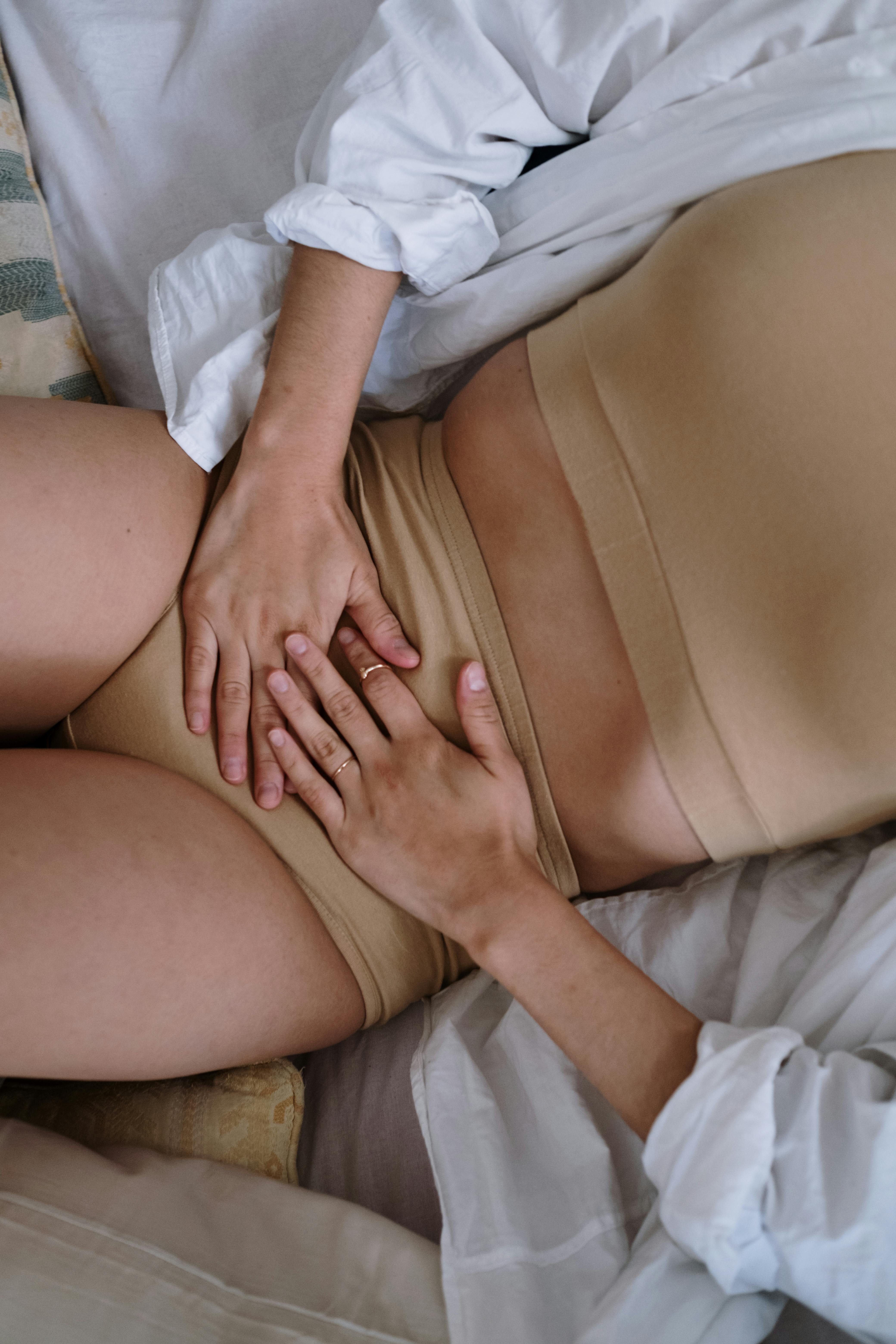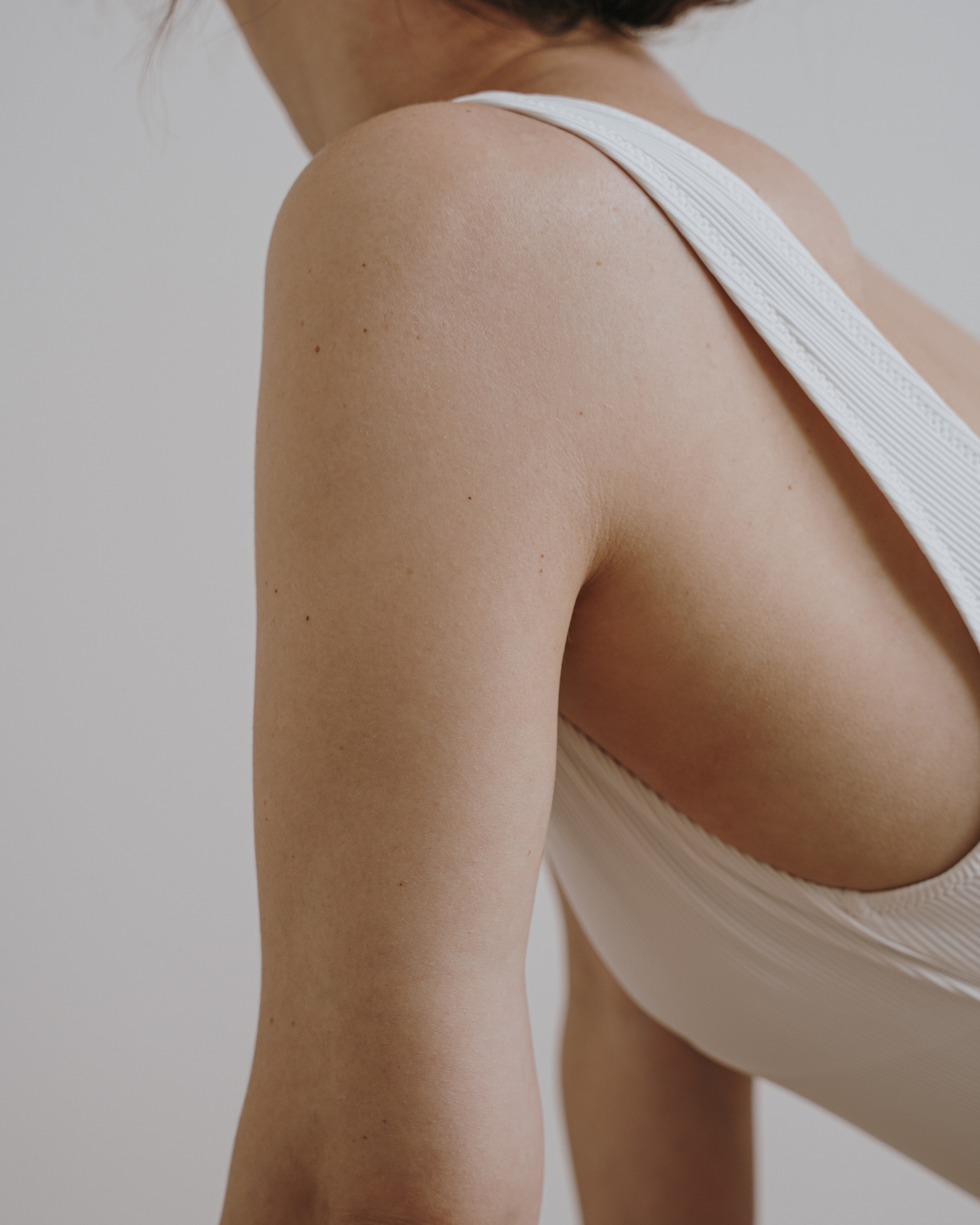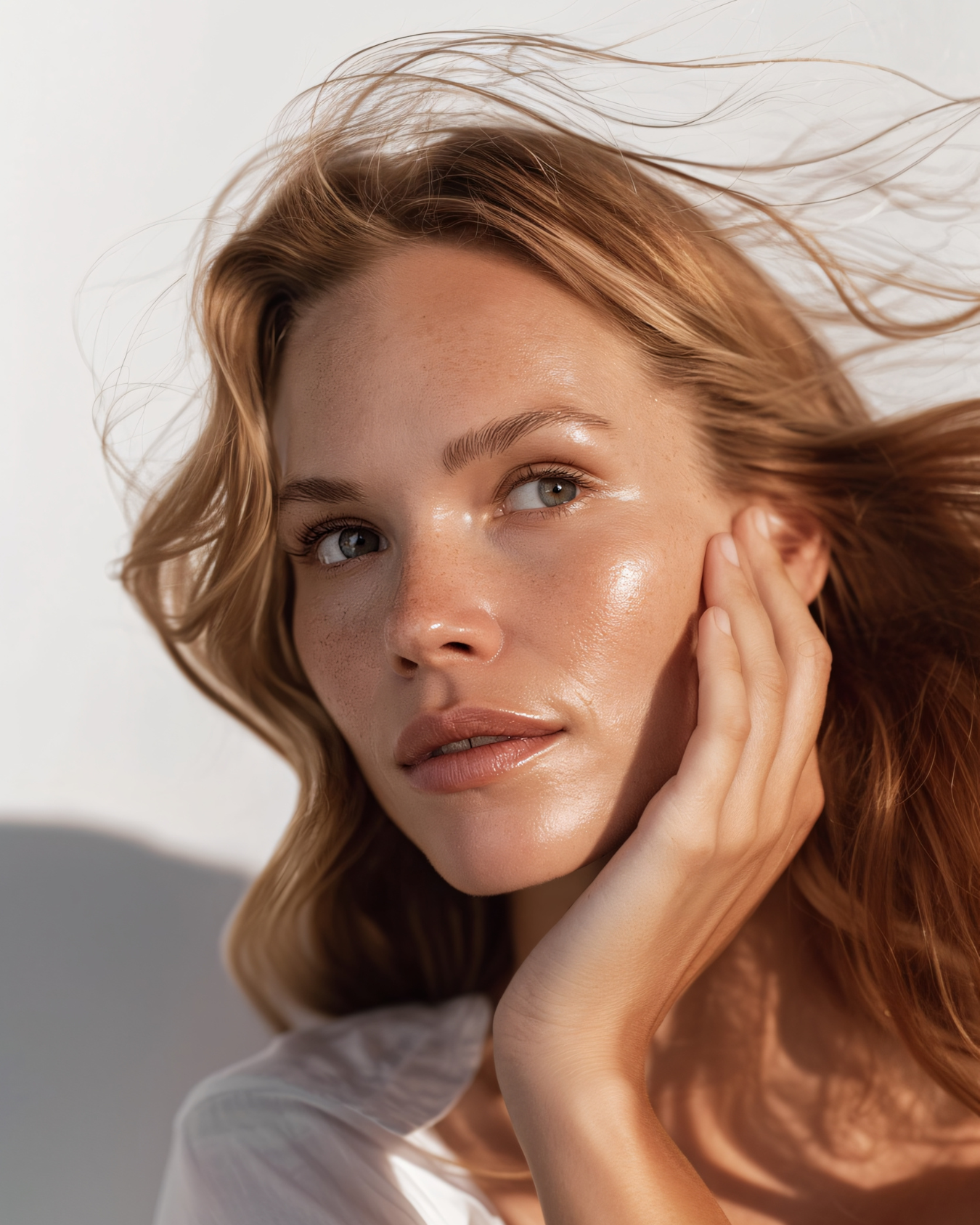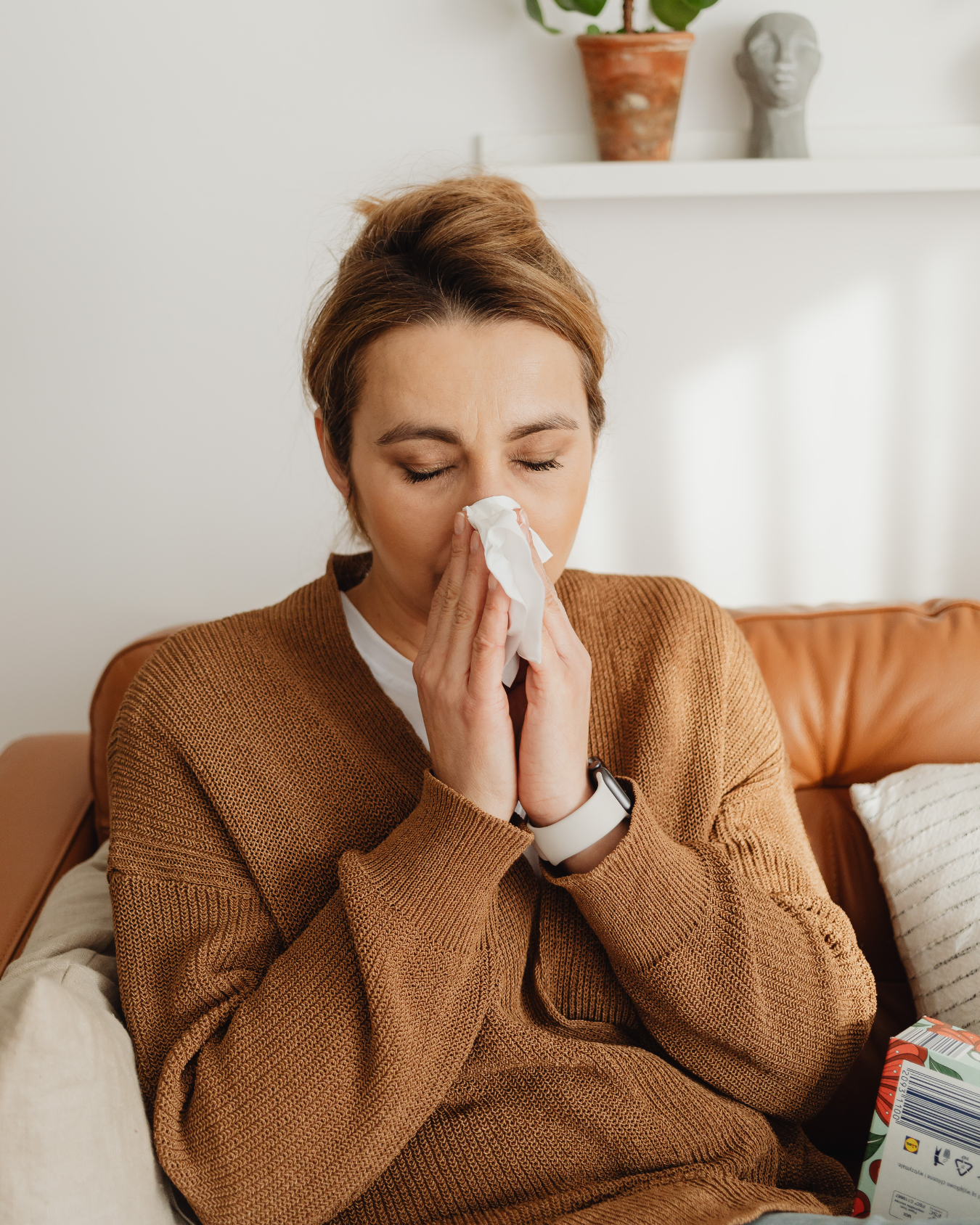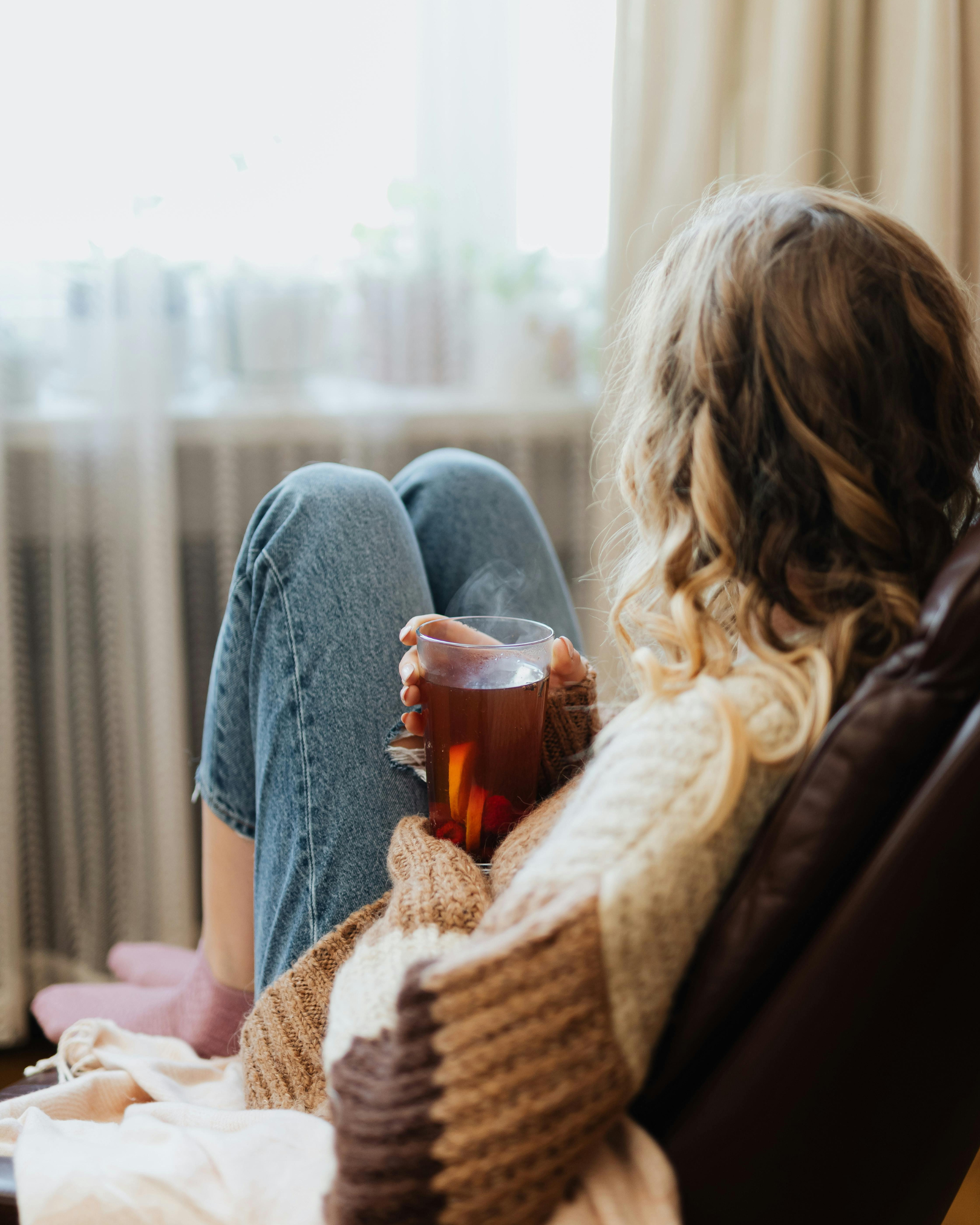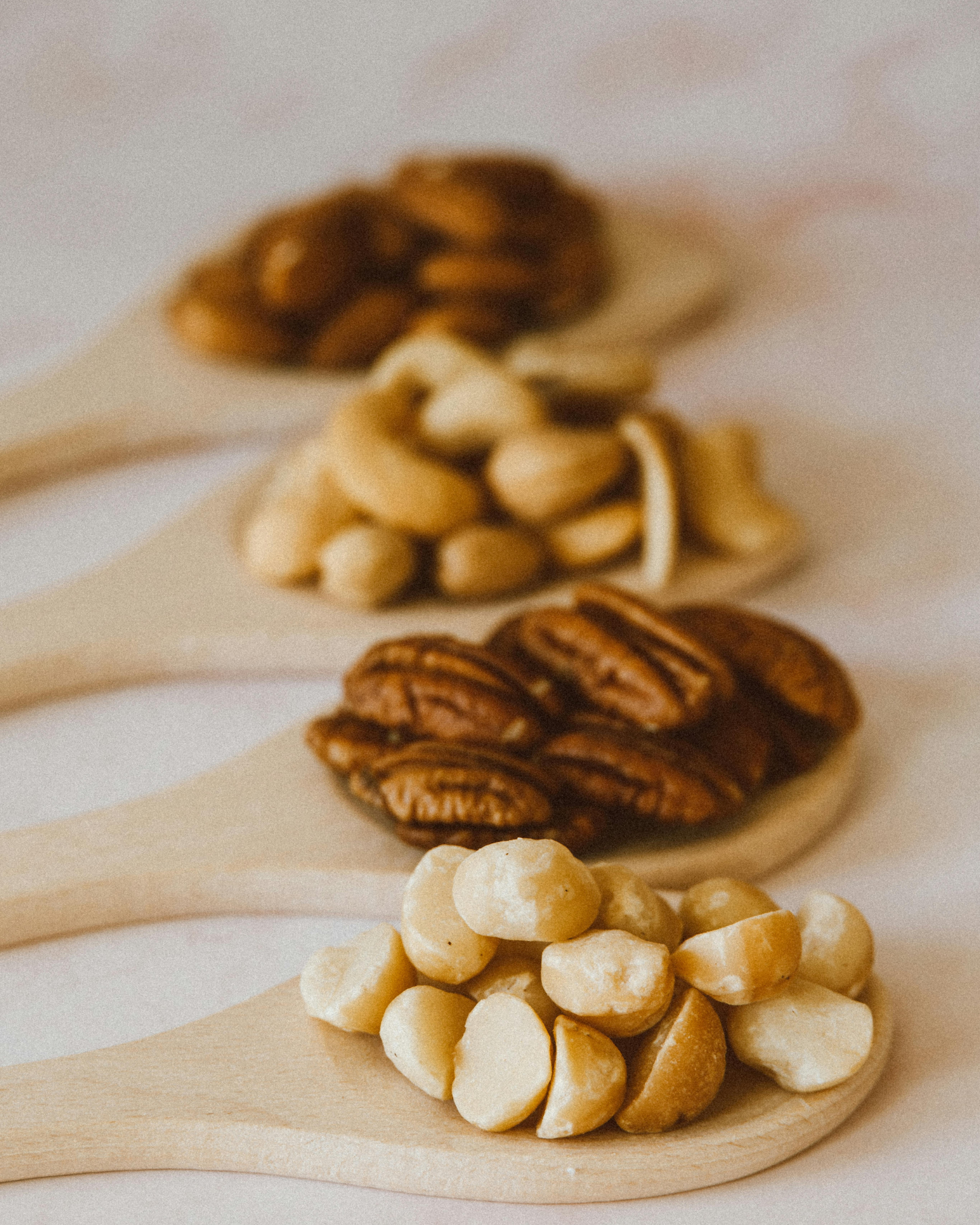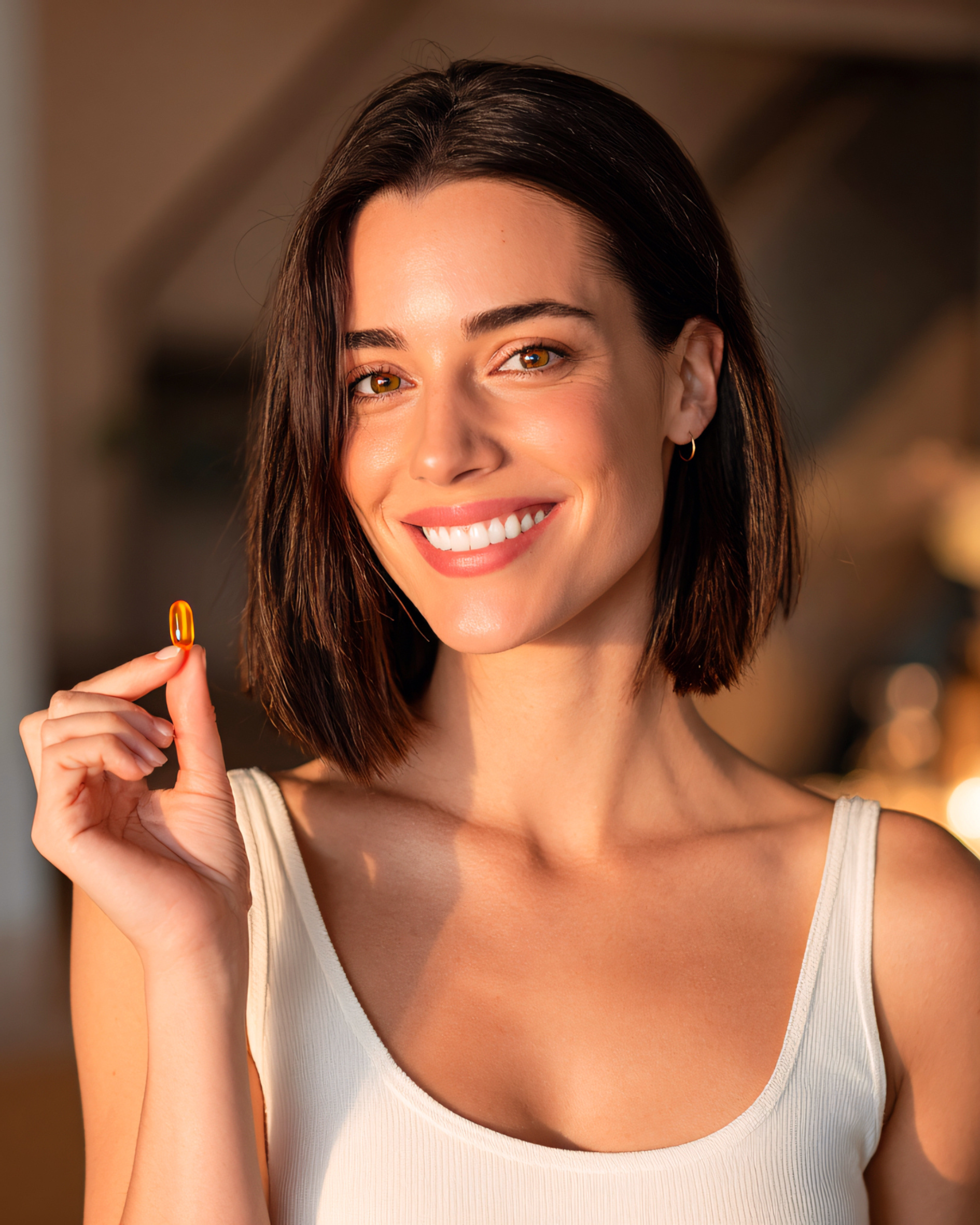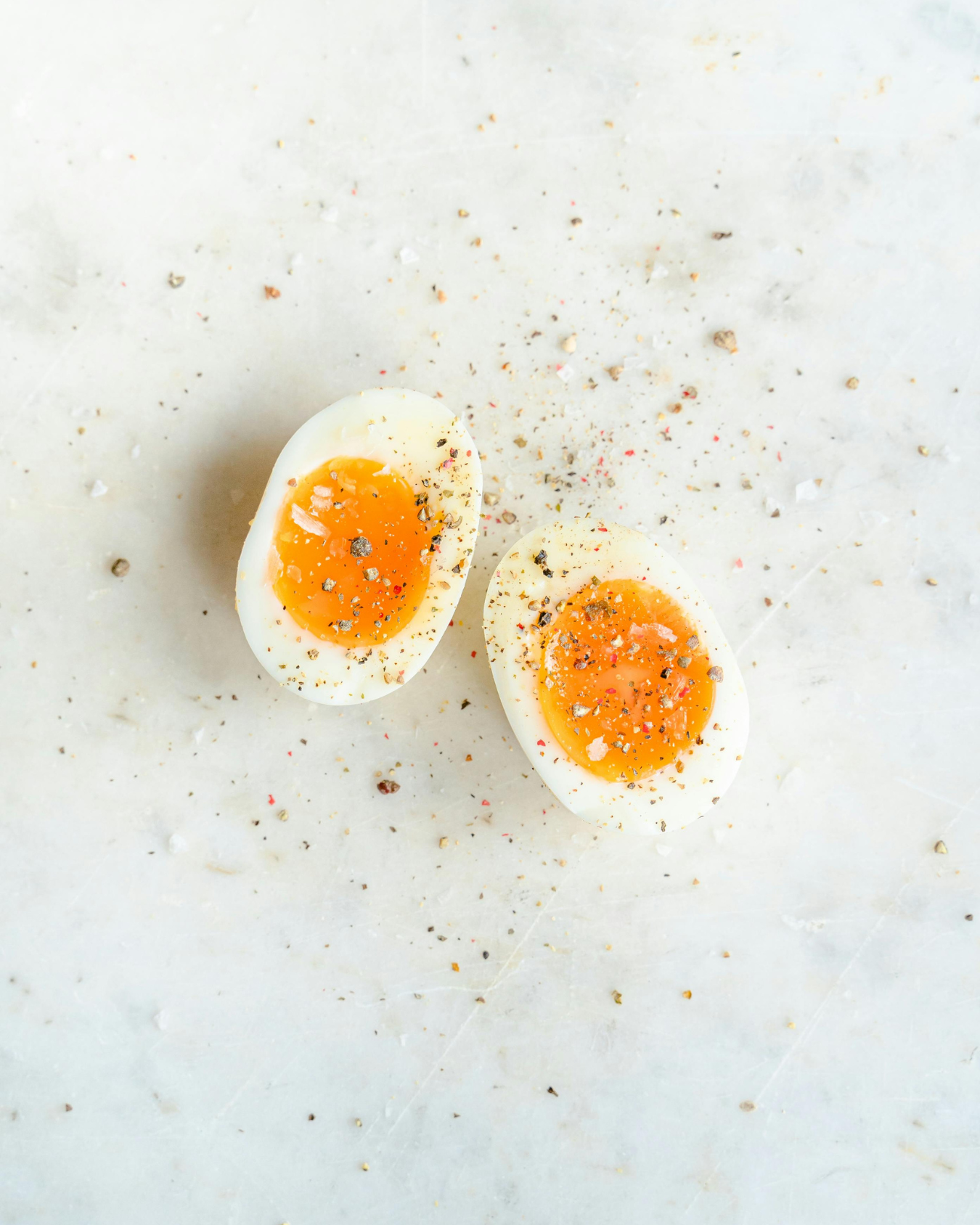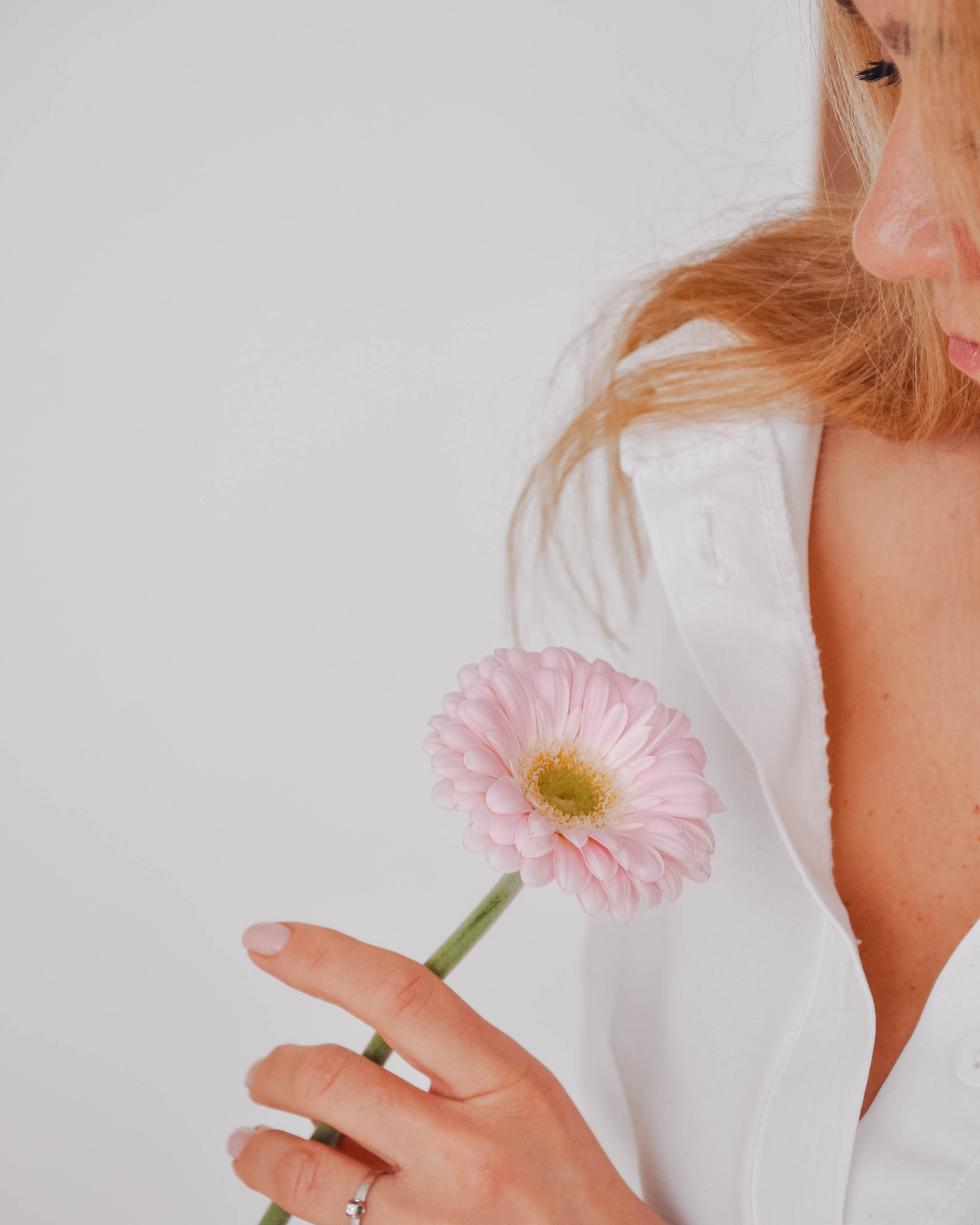Statins are certainly helpful if you need to lower your cholesterol. But you also hear a lot about side effects (such as muscle pain, fatigue, or depression). So you understand: many people (like you perhaps?) initially hope for natural solutions. And they do exist. I'm happy to tell you what the best natural alternatives to statins are.
Please note: This blog is not medical advice. Always consult your doctor before making any changes.
Lower cholesterol naturally
To lower your cholesterol, you can do a lot with your diet and lifestyle .
Ultimately, the amount of cholesterol you get from food is only 25% ... So it's mostly about what else happens in your body.
For example, if you eat a lot of processed foods, unhealthy fats, or lots of sugar, you'll experience more inflammation or free radicals. And your cholesterol reacts to that.
The same goes for stress, smoking, or sitting still for long periods of time . So it's super important that you exercise every day.
Simply cycling, walking, or swimming will already yield results, or you can go to the gym for strength training . As long as you get your body moving for at least half an hour a day.
This helps raise your HDL (the "good" cholesterol) and makes LDL less harmful. Read more here about when cholesterol becomes harmful.
Quitting smoking also has immediate effects. It reduces inflammation in your body and improves your cholesterol balance. And the better that balance, the lower your risk of cardiovascular problems .
What are statins?
Statins are one of the most commonly used medications in the Netherlands , which is why you hear about them more and more often. They are prescribed to people with high cholesterol.
Statins contain a substance that prevents your liver from producing cholesterol (your liver produces cholesterol!).
There are also statins that can lower the cholesterol already in your blood.
Statin Alternatives: Lower Your Cholesterol Naturally
Natural statins are common and can help lower your cholesterol without the side effects of statins.
1. Red rice yeast
Red yeast rice may sound like something from your grandmother's kitchen cupboard, but it contains Monacolin K, the same substance found in some statins.
In parts of Asia, it has been used for centuries as a flavoring and coloring agent in food. In cholesterol supplements, the amount of monacolin is concentrated and therefore higher.
But in Europe and the Netherlands, regulations apply. Doses above 3 mg of Monacoline K are considered a medicine. And it cannot simply be sold.
Studies show that you really see results with a high dose of around 10 mg .
Tip: Consult your doctor or therapist first. They can help you determine a safe dose, what's appropriate for your situation, and whether your body responds well.
2. Psyllium
You may already be familiar with psyllium fiber (such as allium or bran) for its beneficial effects on the intestines and for constipation . But it can also lower your LDL cholesterol.
They bind bile salts (which are made from cholesterol) in your intestines, which are then excreted in your stool .
Your liver then has to make new ones and to do so it removes cholesterol from your blood .
3. Omega 3
Omega-3 remains one of my favorites . Omega-3 fatty acids (especially EPA and DHA) from oily fish or algae oil are so beneficial. They lower your triglycerides (which is also a type of fat in your blood and important for your risk factors), inhibit inflammation , and protect your blood vessels .


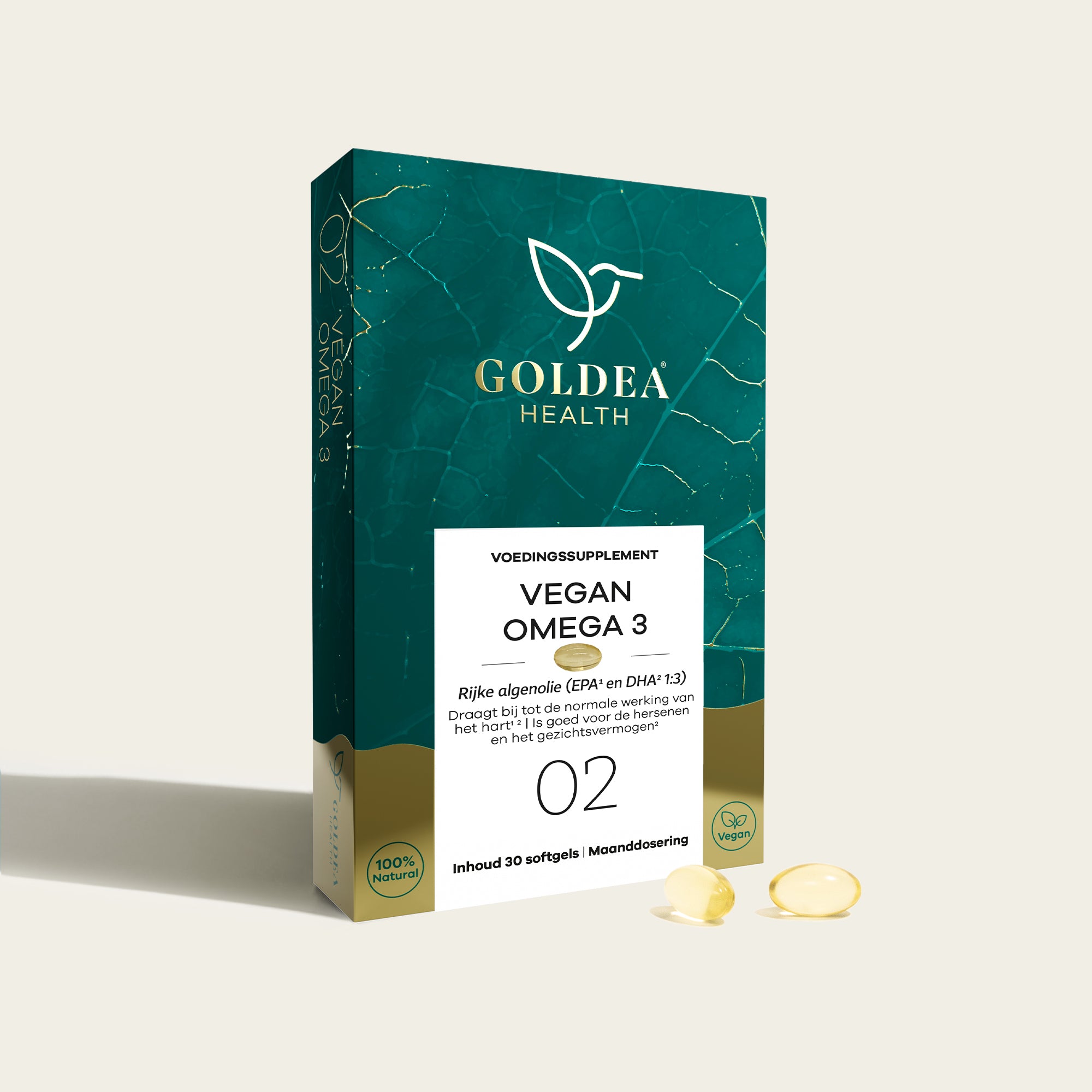
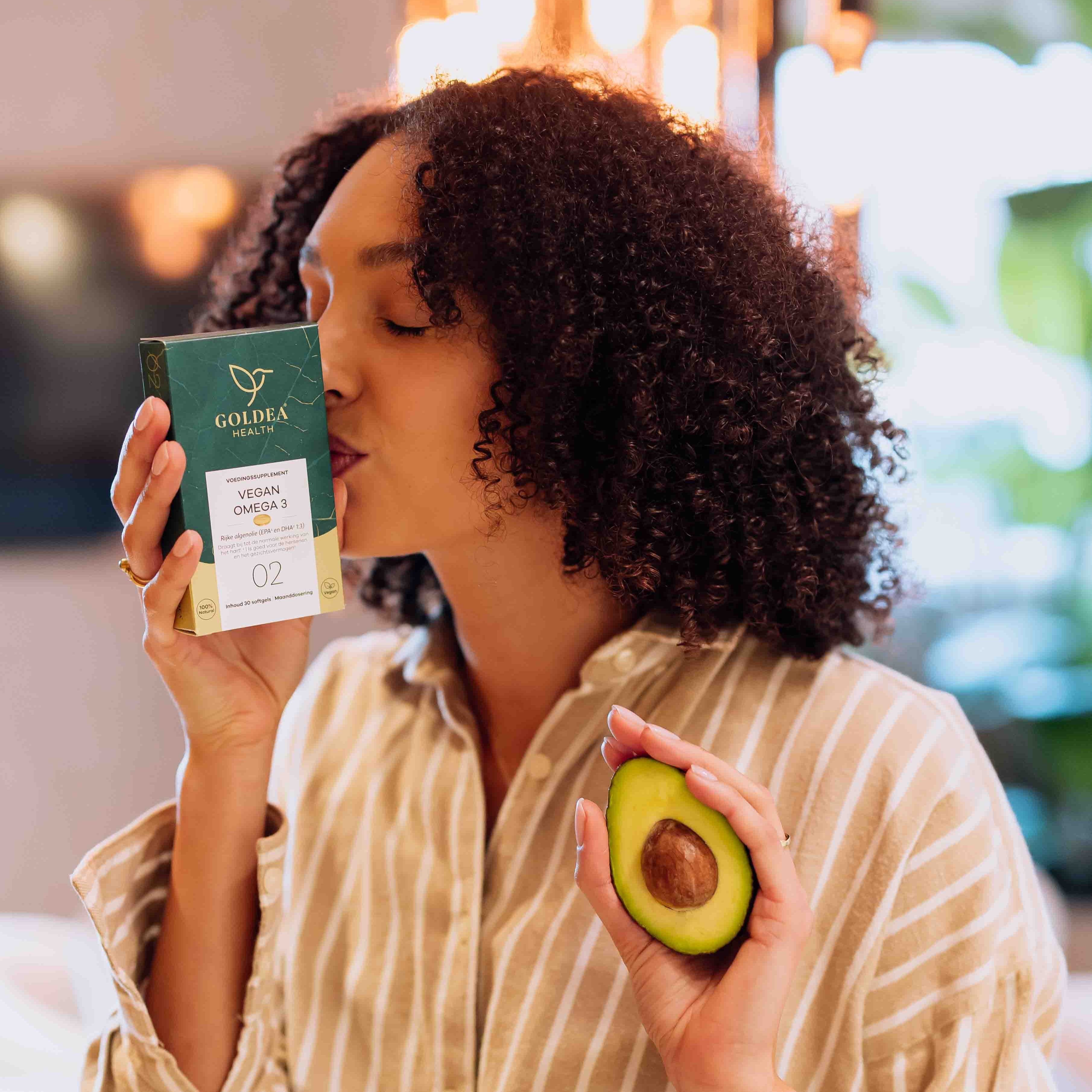
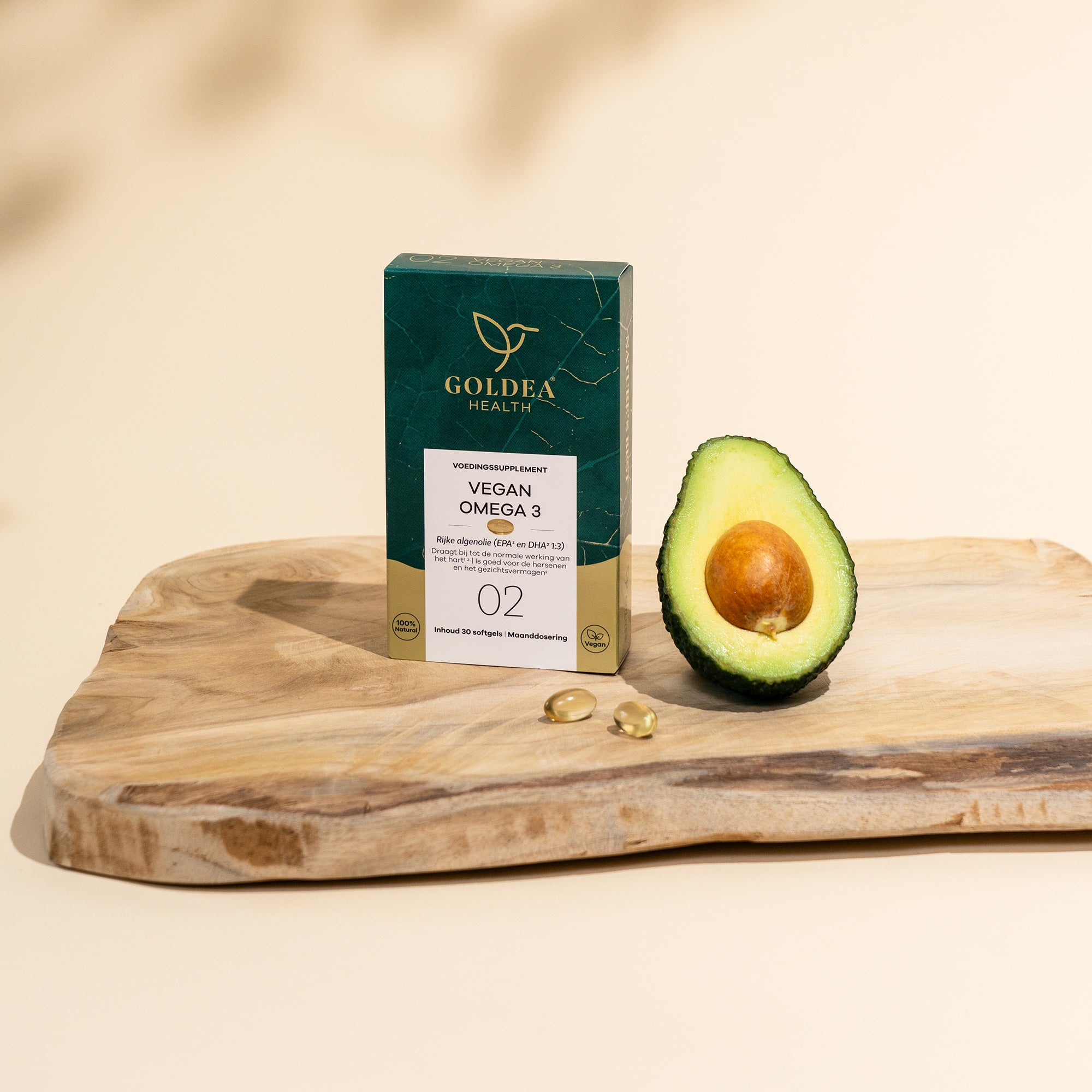
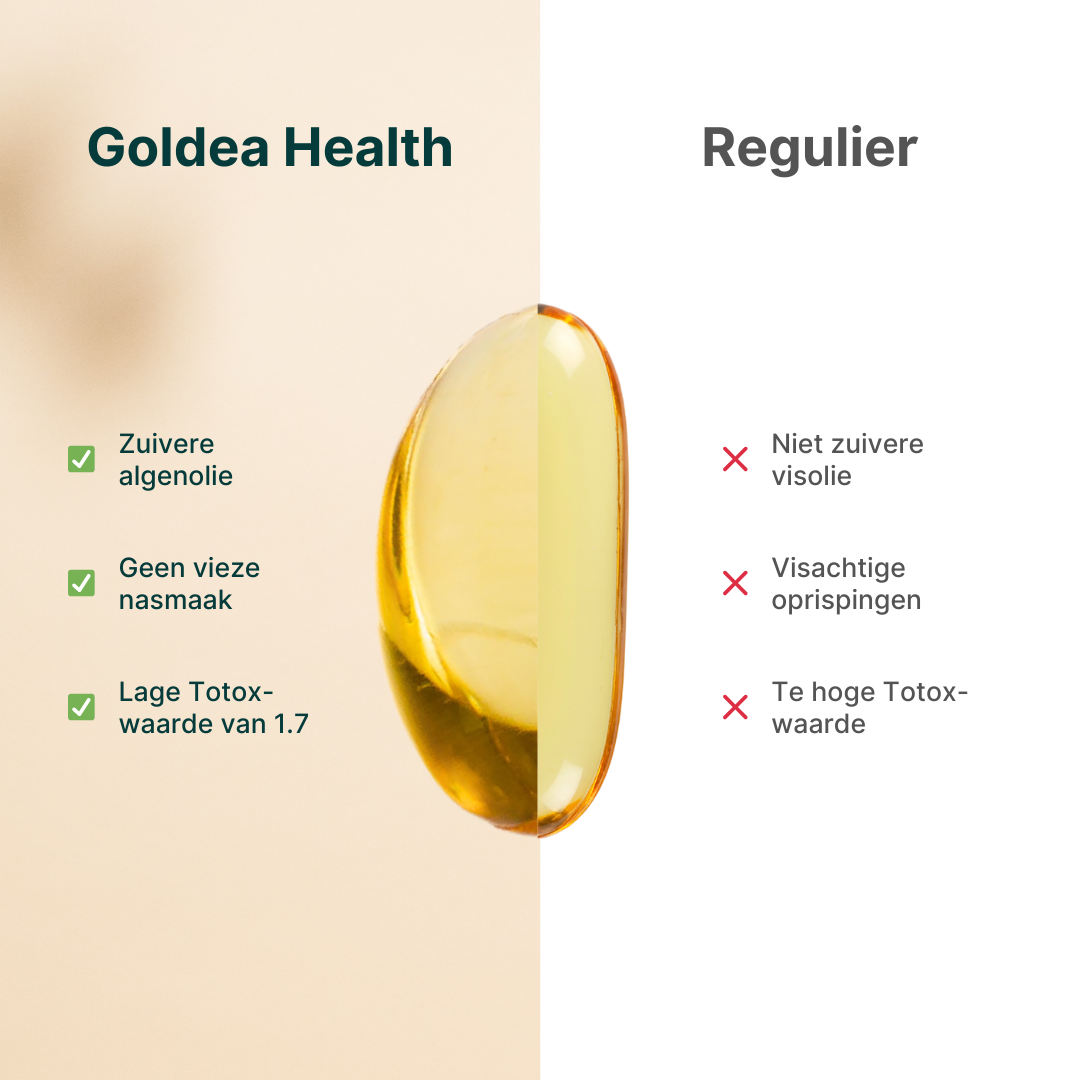
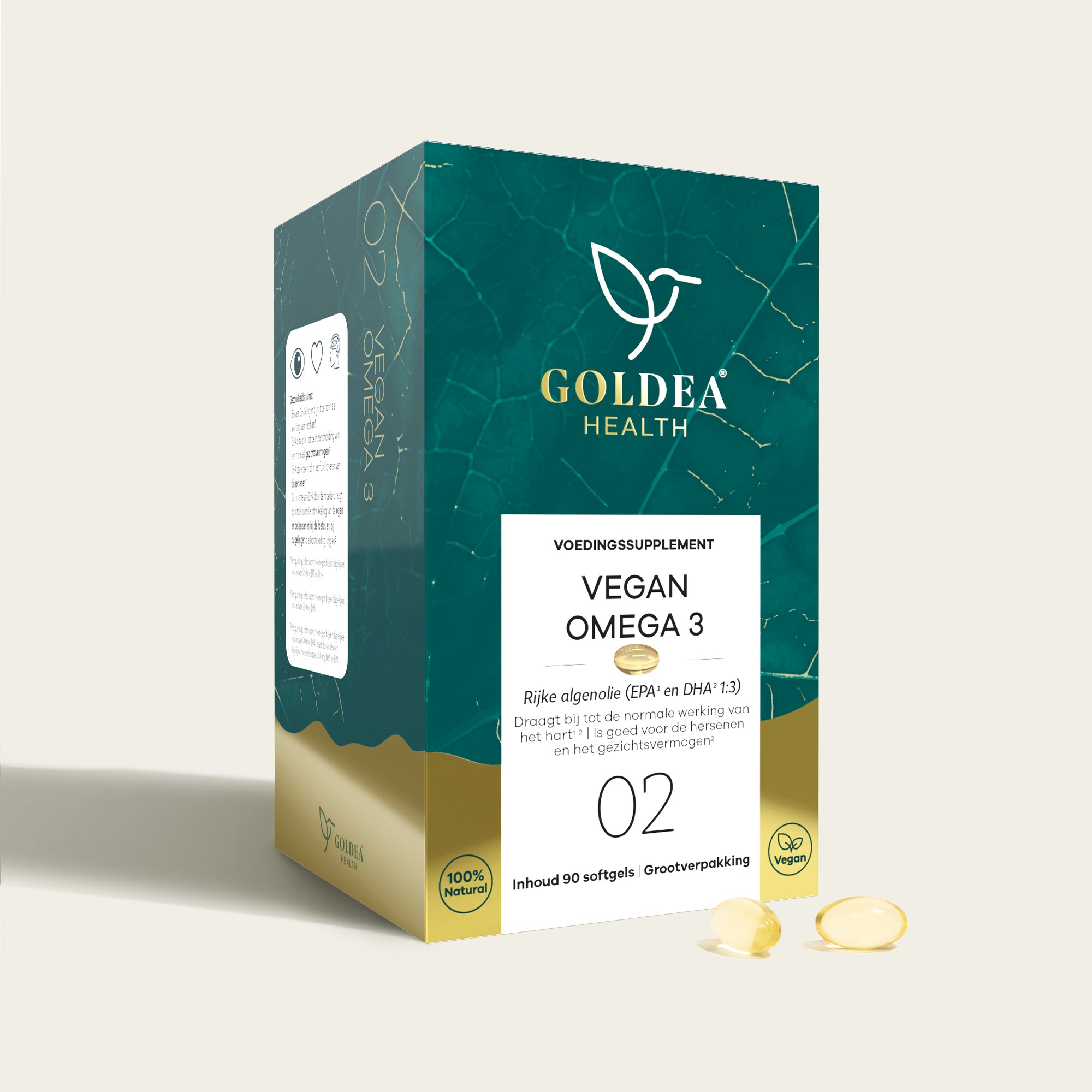
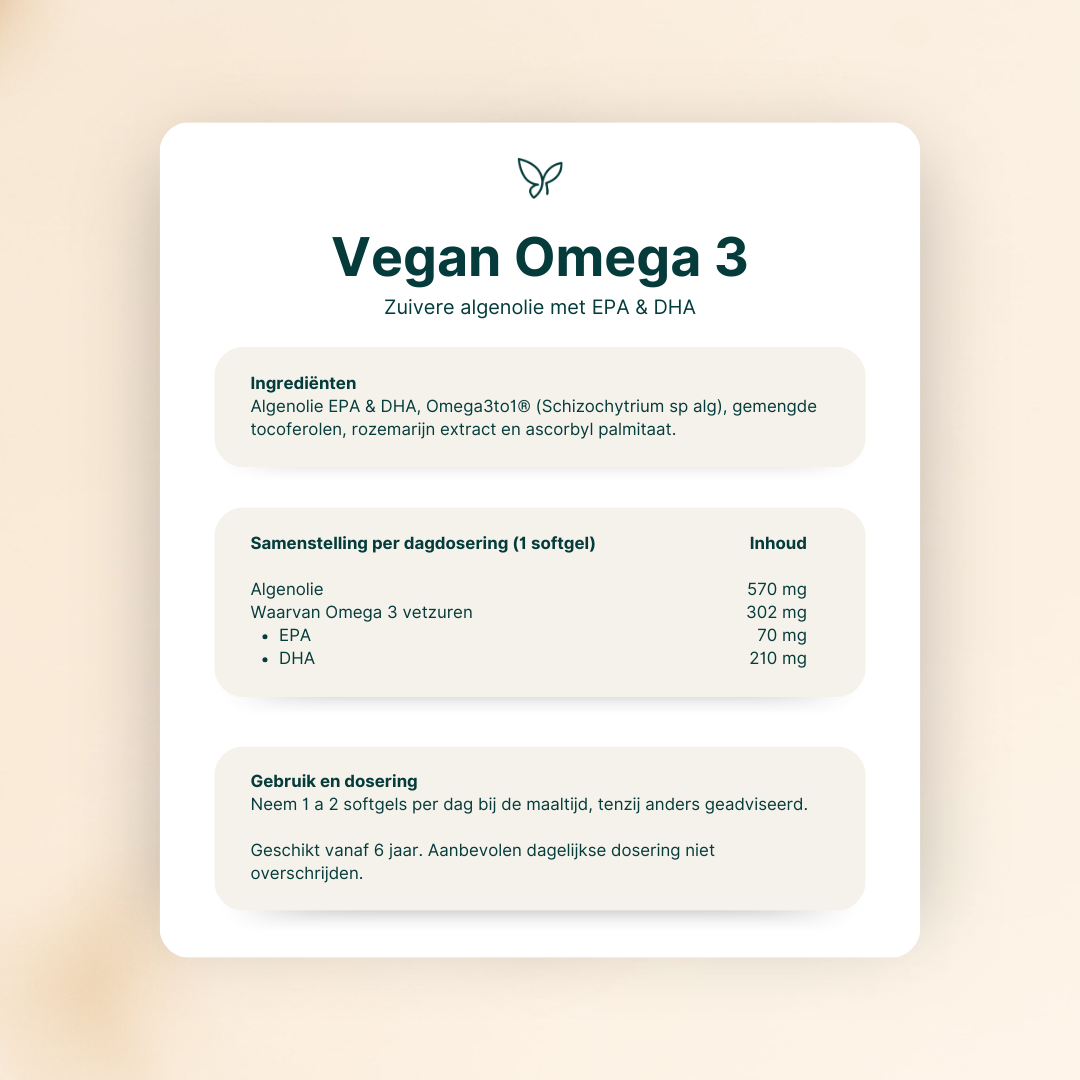









Vegan Omega 3
If you eat oily fish often enough (wild salmon, sardines, anchovies, herring, or mackerel), you're in good hands. But if you don't eat enough (kibbeling doesn't count!), you can easily supplement with an omega-3 supplement.
4. Bergamot
A forgotten citrus fruit. You might recognize it from the aroma in Earl Grey tea. A citrus fruit with many unique bioactive compounds that help with cholesterol processing and oxidative stress .
More research is needed, but the results so far are very promising. Definitely one to keep an eye on.
5. Artichoke leaf extract
A true classic ingredient from " ancient herbal medicine ," artichokes have been used for centuries to support your liver and bile production.
And why is that good for your cholesterol? Well, if your liver functions better, it also breaks down cholesterol more efficiently and removes it.
Curcumin is the active ingredient in turmeric and has excellent anti-inflammatory properties . It helps protect your blood vessel walls from damage. So it actually has a preventative effect as well.
It ensures that your blood vessels remain nice and supple and healthy and that LDL has less chance of becoming “sticky”.


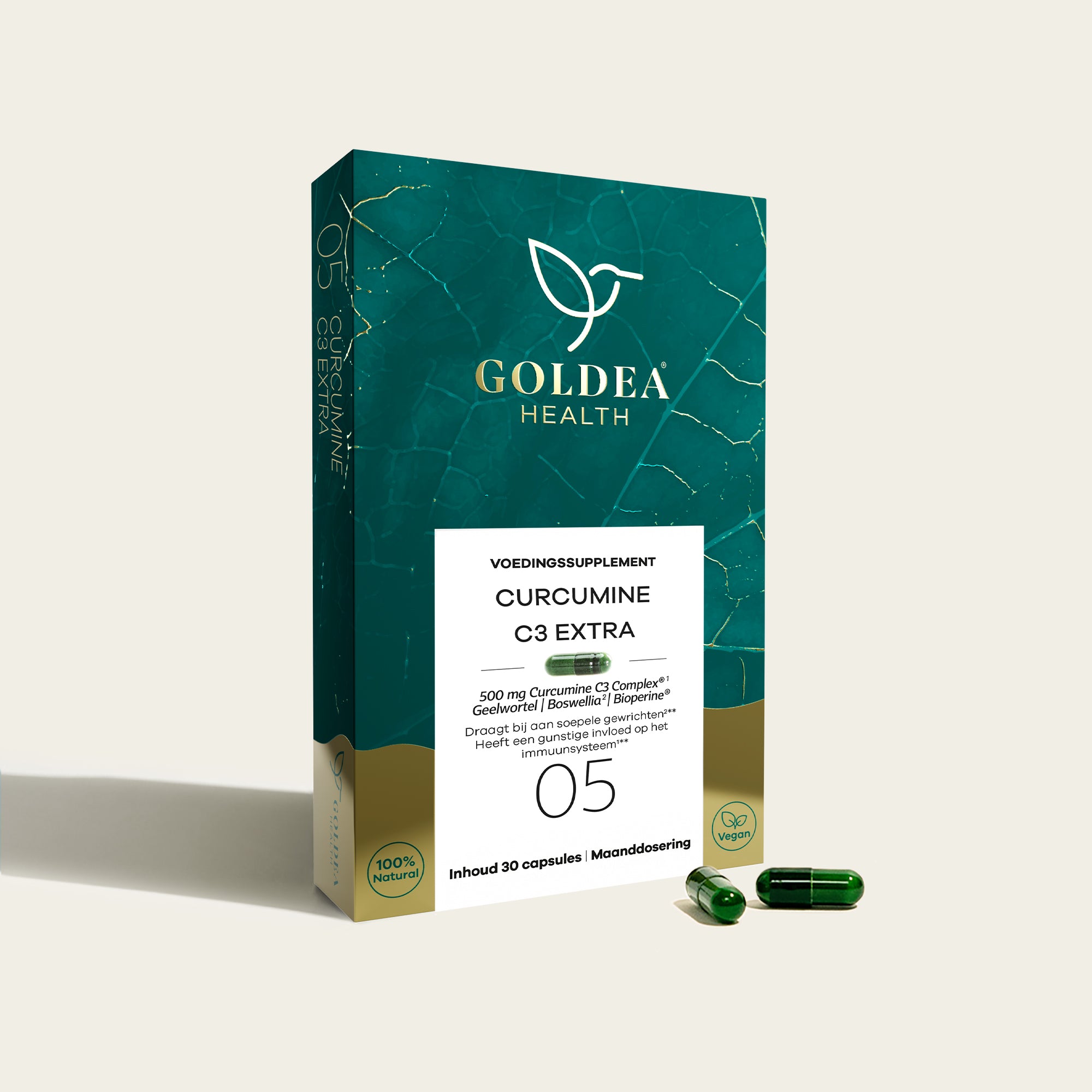
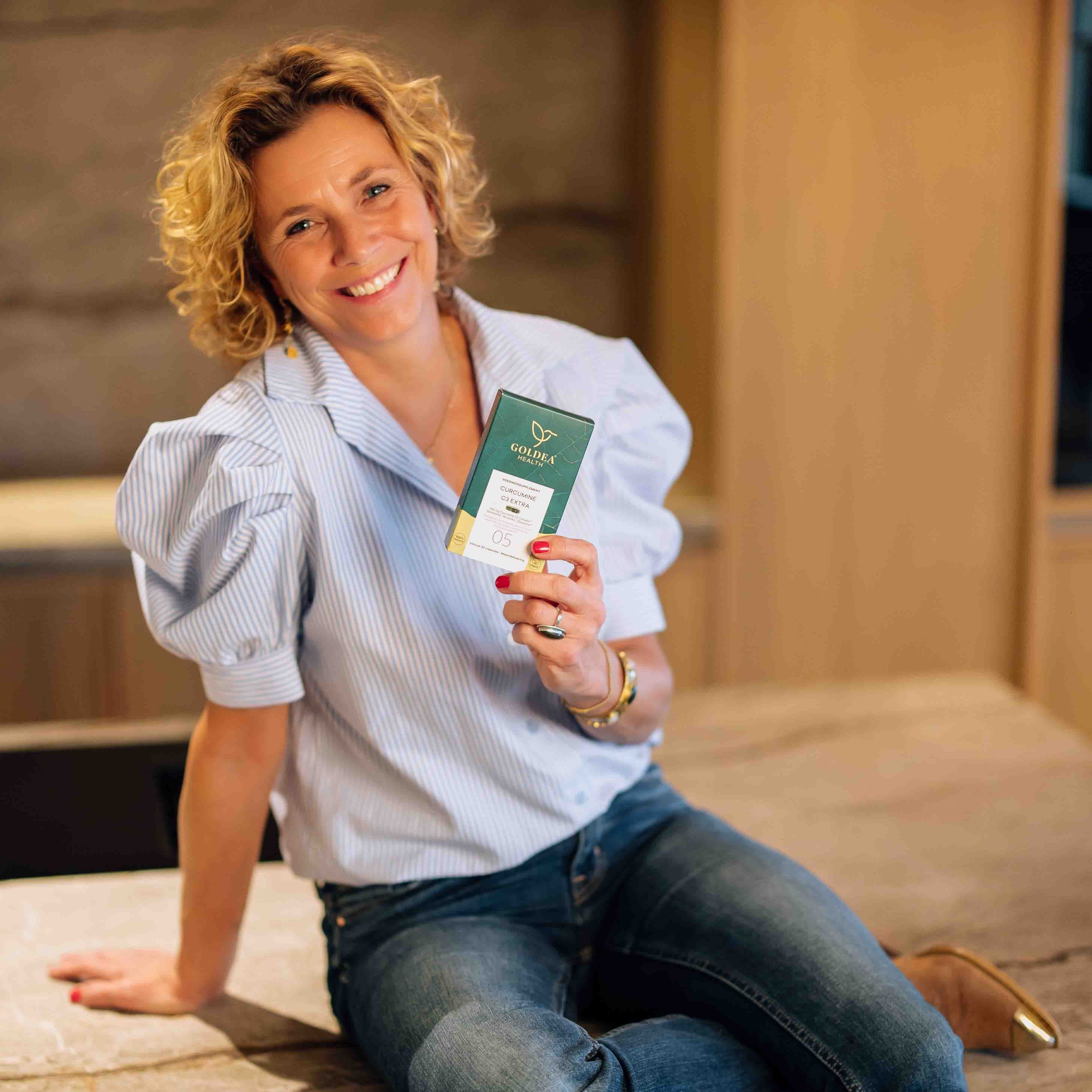

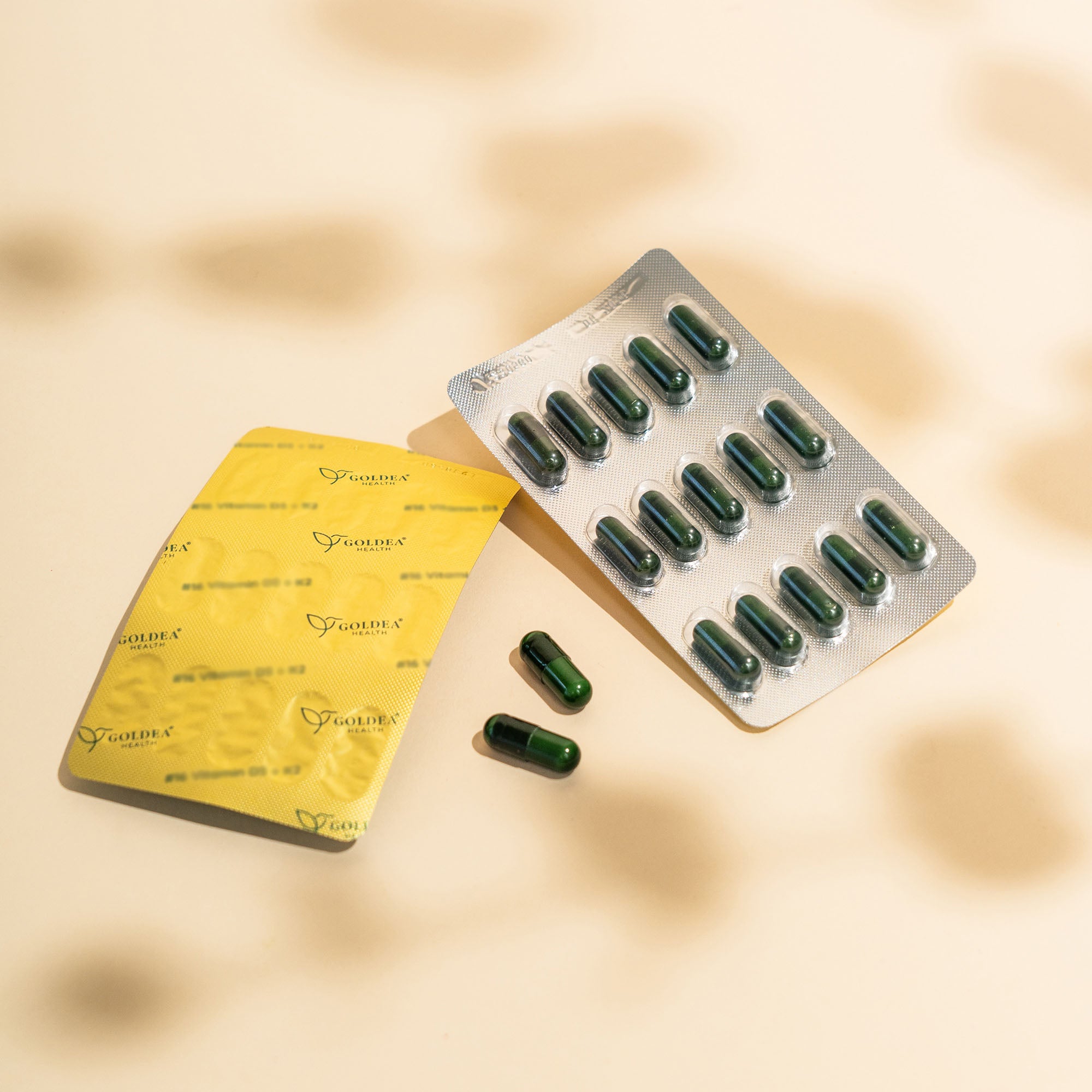
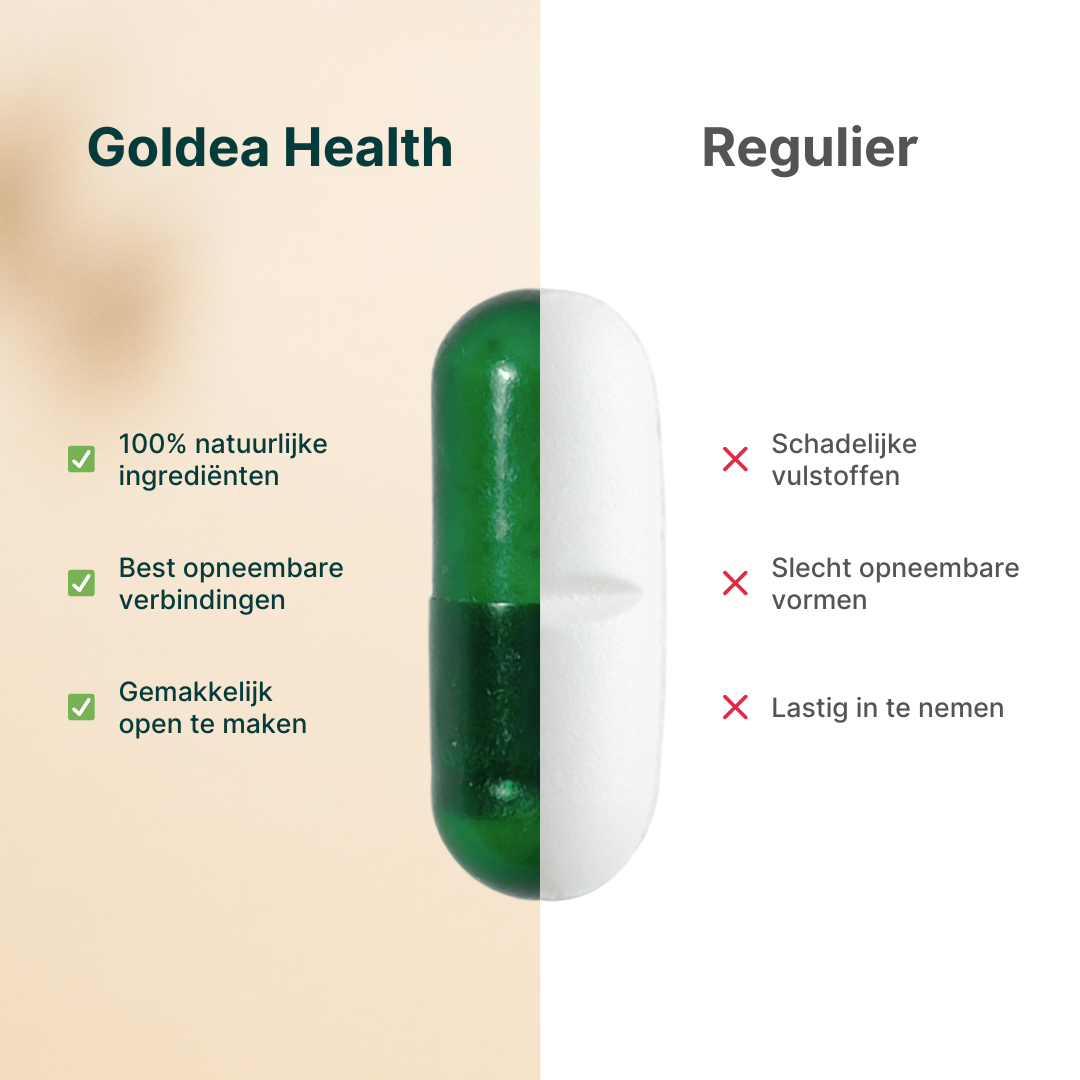
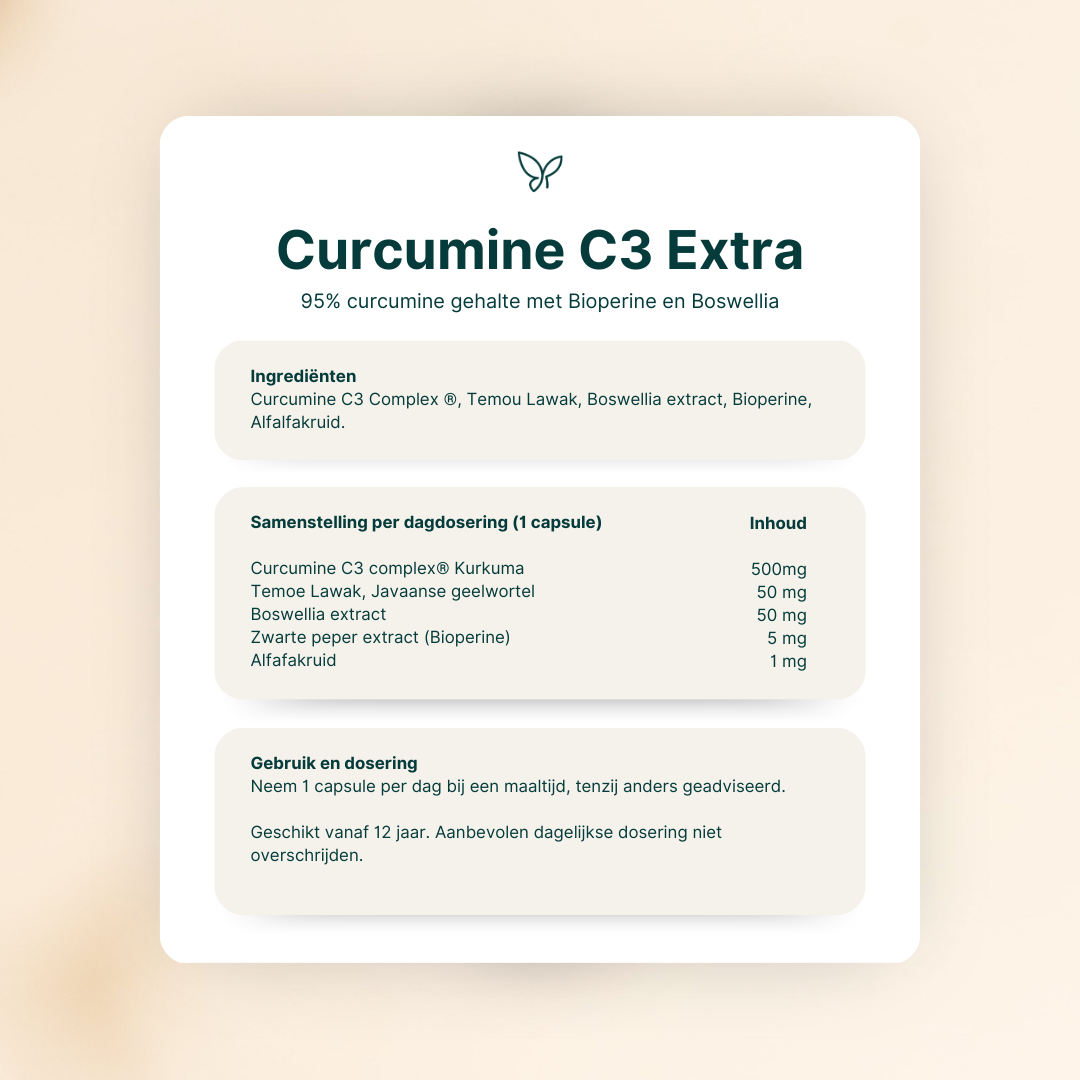









Curcumin C3 Extra
Besides supporting the heart and blood circulation , turmeric is also good for the liver. This means it has a double positive effect. If you're unsure whether turmeric is right for you, discuss it first. There are also situations where it's best not to take it.
7. Polyphenols and antioxidants
You've probably heard that red wine (in moderation), green tea, berries, or pure cocoa can be "healthy." This is because of the polyphenols they contain.
These are antioxidants that help protect your LDL cholesterol from oxidation.
Other antioxidants can be found in blackberries, pomegranate, raspberries, blueberries, ginger, etc. The more colorful your plate, the better.
Summary
| Natuurlijke oplossing | Effect | Wat je moet weten |
|---|---|---|
| Rode rijst gist | Werkt als statine | Dosis >10 mg Monacoline, mág officieel niet verkocht worden |
| Psylliumvezels | Verlaagt LDL | 5–10 g per dag met water |
| Omega‑3 | Verlaagt triglyceriden, beschermt vaten | 500 mg EPA+DHA of 2x vette vis/week |
| Bergamot | Ondersteunt cholesterolstofwisseling | Min. 1.000 mg extract |
| Artisjokextract | Ondersteunt lever en galwerking | 320–640 mg per dag |
| Curcumine | Ontstekingsremmer | 500–1.000 mg met piperine |
| Polyfenolen en antioxidanten | Bescherming LDL | Dagelijkse kleurrijke voeding |
Want to really get started with this in practice ? Talk to your doctor or healthcare provider first, especially if you're already taking medication.
This blog contains many more ways to lower your cholesterol by changing your lifestyle.
How to start
1. Choose one thing to start with. For example, psyllium, omega-3s, or simply eating more fiber.
2. Also address your lifestyle. So, exercise more, quit smoking, and reduce stress.
3. Give it some time. Don't measure your cholesterol levels again for about 8 to 12 weeks.
4. Is it going well? Great! Not seeing any improvement? Then you can add something extra, like bergamot or artichoke leaf.
5. Continue to consult with your doctor regularly and monitor your liver values.
In the end it all comes down to:
Less damage and oxidation to your cholesterol (Think omega-3, curcumin, and antioxidants from foods like berries and tea.).
Better processing and excretion of cholesterol (that's where bergamot and artichoke do their work.).
Finally
Would you rather not take statins? I completely understand. Especially now that you know there are natural alternatives . But do remain critical. Talk to your doctor and keep monitoring your levels.
If you'd like to get back to more information about cholesterol, this blog post explains why cholesterol isn't your enemy and explains exactly how HDL and LDL work. I also explain how to address the underlying cause (oxidation, stress, age, lifestyle).
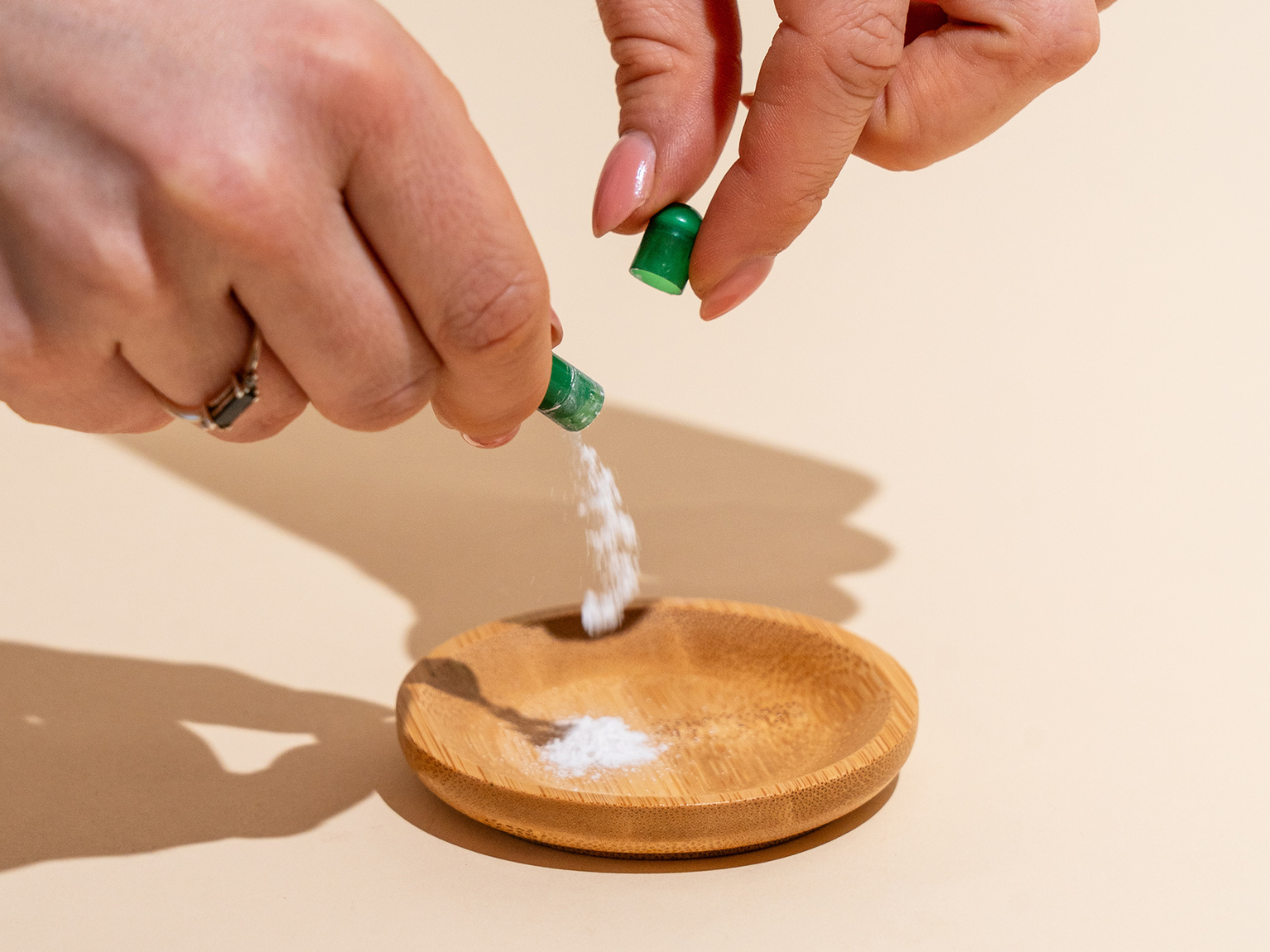

Get the most out of your health!
This blog was written by Laura Contreras , an orthomolecular therapist and registered intestinal therapist. In my practice, I treat a wide variety of complaints daily, from digestive issues to fatigue and skin problems.
Have you tried a lot, but are you missing a personalized plan? Then I'd love to help you understand your body's signals and find solutions that work for you. Book your consultation below.
Sources
https://www.natuurlijkpresteren.nl/blogs/supplementen/monacoline-k-cholesterol-wat-is-het?_ab=0&_fd=0&_sc=1
Scientific Opinion on the substantiation of health claims related to monacolin K from red yeast rice and maintenance of normal blood LDL cholesterol concentrations (ID 1648, 1700) pursuant to Article 13(1) of Regulation (EC) No 1924/2006, 28 July 2011 https://doi.org/10.2903/j.efsa.2011.2304
Lipid-Lowering Effects of Curcumin in Patients with Metabolic Syndrome: A Randomized, Double-Blind, Placebo-Controlled Trial
Yi-Sun Yang , Ying-Fang Su , Hui-Wen Yang , Yu-Hsien Lee , Janet I. Chou , Kwo-Chang Ueng First published: 06 August 2014 https://doi.org/10.1002/ptr.5197
Nauman, M. C., & Johnson, J. J. (2019). Clinical application of bergamot ( Citrus bergamia ) for reducing high cholesterol and cardiovascular disease markers. Integrative food, nutrition and metabolism , 6 (2), 10.15761/IFNM.1000249. https://doi.org/10.15761/IFNM.1000249
Nauman, M. C., & Johnson, J. J. (2019). Clinical application of bergamot ( Citrus bergamia ) for reducing high cholesterol and cardiovascular disease markers. Integrative food, nutrition and metabolism , 6 (2), 10.15761/IFNM.1000249. https://doi.org/10.15761/IFNM.1000249
Chanita Unhapipatpong, Narachai Julanon, Prapimporn Chattranukulchai Shantavasinkul, Nint Polruang, Pawin Numthavaj, Ammarin Thakkinstian, An Umbrella Review of Systematic Reviews and Meta-analyses of Randomized Controlled Trials Investigating the Effect of Curcumin Supplementation on Lipid Profiles, Nutrition Reviews , 2025;, nuaf012, https://doi.org/10.1093/nutrit/nuaf012
Cicero, A.F.G., Fogacci, F., Stoian, A.P., & Toth, P.P. (2023). Red Yeast Rice for the Improvement of Lipid Profiles in Mild-to-Moderate Hypercholesterolemia: A Narrative Review. Nutrients , 15 (10), 2288. https://doi.org/10.3390/nu15102288
Cicero, A.F.G., Fogacci, F., & Banach, M. (2019). Red Yeast Rice for Hypercholesterolemia. Methodist DeBakey Cardiovascular Journal , 15 (3), 192–199. https://doi.org/10.14797/mdcj-15-3-192
Sec. Ethnopharmacology, Volume 12 - 2021 | https://doi.org/10.3389/fphar.2021.819482 Red Yeast Rice for Hyperlipidemia: A Meta-Analysis of 15 High-Quality Randomized Controlled Trials, Pengfan Li1†Qi Wang1Kanjun Chen2Shihui Zou3Shi Shu1Chanchan Lu1Shiyun Wang1Yunqin Jiang1Chunxiang Fan1* Yue Luo 4*


